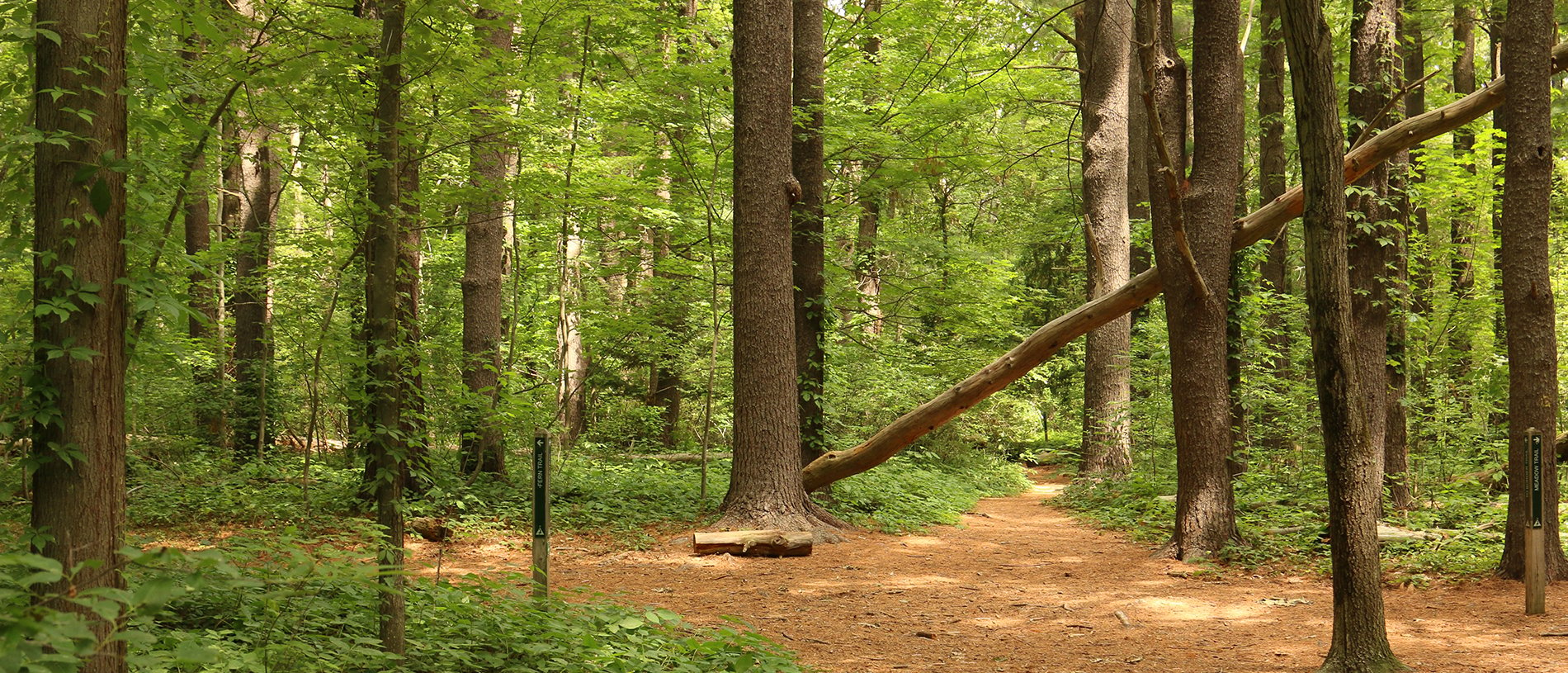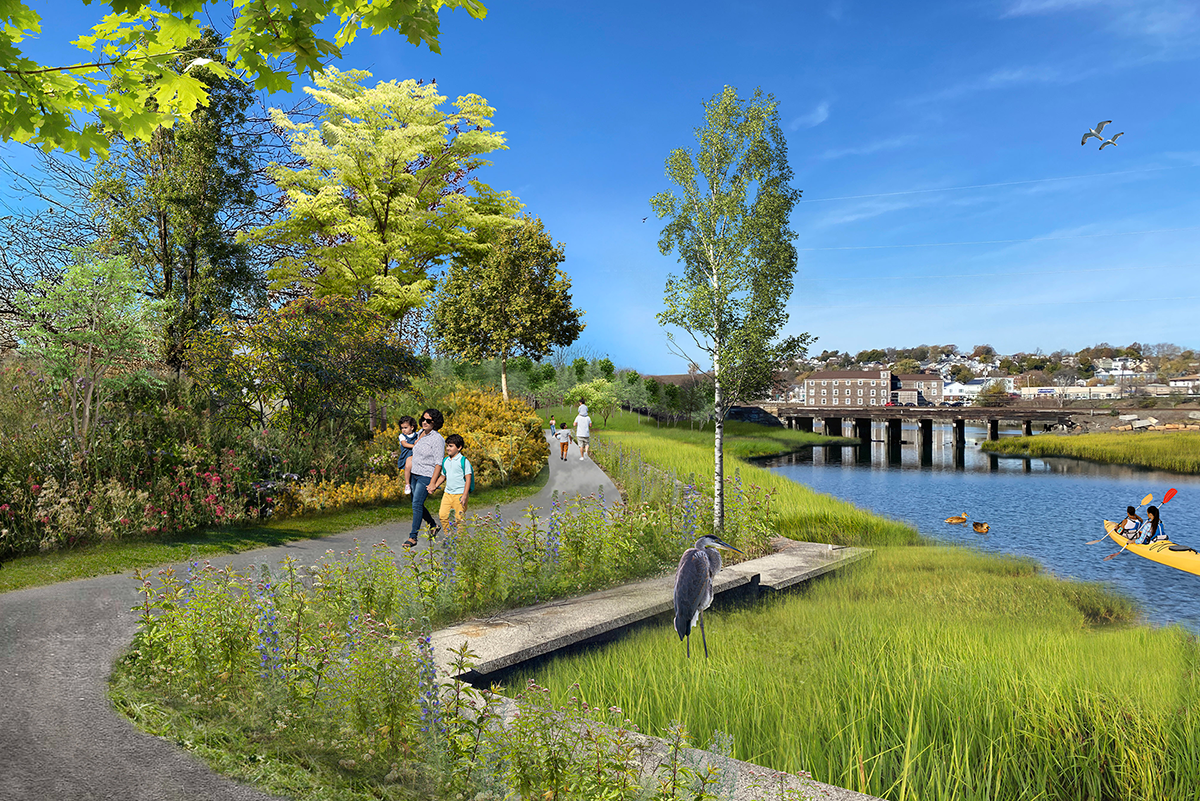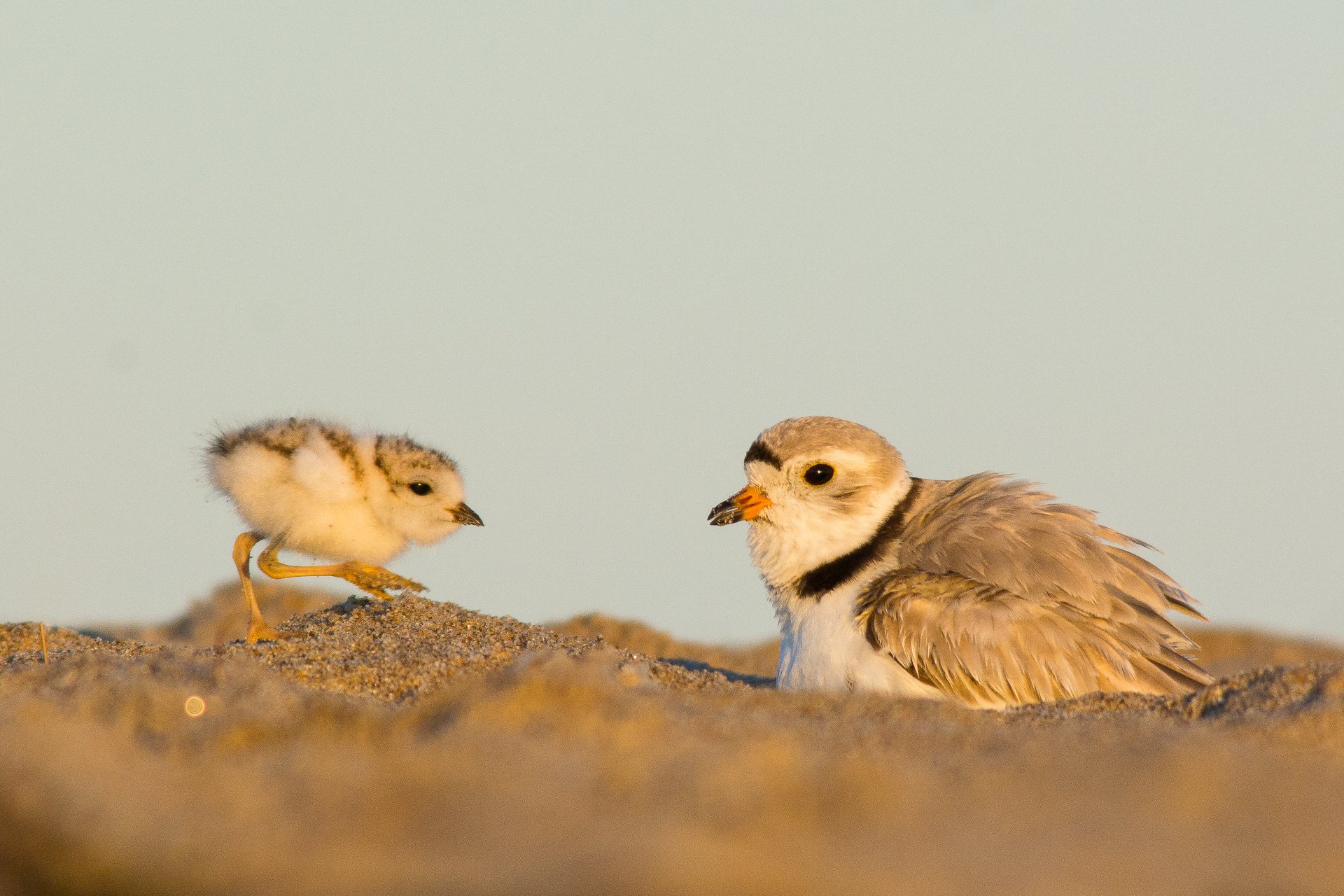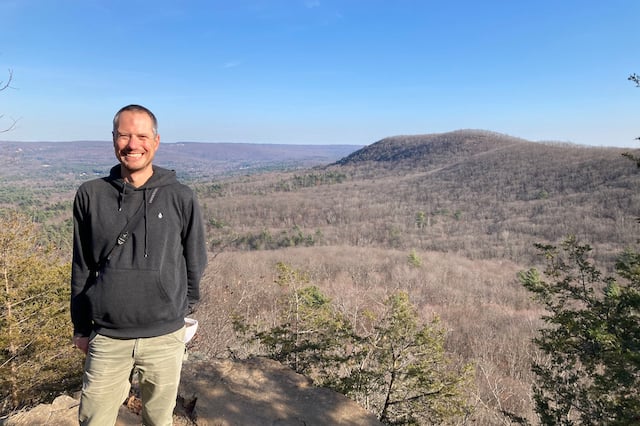October Deadline to Fully Protect Patten Hill In Shelburne
Press Release
July 01, 2020
LINCOLN, MA.—Mass Audubon is working against an October deadline to raise $442,000 in order to purchase the remaining 67 hilltop acres at Patten Hill in Shelburne, after having acquired 167 acres of the farm property in 2016.
Patten Hill is located just east of Mass Audubon’s 792-acre High Ledges Wildlife Sanctuary and if the 67 acres are secured, an unfragmented expanse of protected public, private, and municipal land will be created totaling more than 1500 acres.
If not protected for conservation, this property could be sold and developed.
Such large conserved spaces are essential to accommodating wildlife movement in the age of climate change.
Securing Patten Hill is a signature goal of Mass Audubon’s larger The Future is in Our Lands campaign to raise $4 million to protect 4,000 acres of undeveloped land deemed climate significant. Protecting such ecologically valuable and resilient habitats will ensure that forests, plants, and soils provide valuable storage of greenhouse gases, such as carbon dioxide, as well as help promote clear air and water.
It is paramount to reduce the amount of planet-warming carbon entering the atmosphere while at the same time prepare for and adapt to a natural world being shaped by a changing climate.
Selected landscapes such as Patten Hill meet these complementary objectives.
The property above the Deerfield River boasts inspiring views in all directions – the state’s highest peak, Mount Greylock, to the west; New Hampshire’s Mount Monadnock to the northeast; Mount Tom to the south in the Connecticut River Valley; and the Green Mountains of Vermont to the north.
The property also contains important grassland bird habitat with documented nesting Bobolinks, as well as forest and a stream corridor supporting a series of beaver ponds.
Mass Audubon Director of Land Conservation Bob Wilber described the Patten Hill project as “a remarkable opportunity to effect positive landscape-scale change in one of the most beautiful and biodiverse regions of the Commonwealth.
“This specific conservation effort, and The Future is in Our Lands campaign more broadly, is another element of Mass Audubon’s commitment to threading climate change response through all of our work,” Wilber noted. “More importantly, it offers a way for all people to help advance impactful climate action.”
About Mass Audubon
Mass Audubon is the largest nature-based conservation organization in New England. Founded in 1896 by two women who fought for the protection of birds, Mass Audubon carries on their legacy by focusing on the greatest challenges facing the environment today: the loss of biodiversity, inequitable access to nature, and climate change. With the help of our 160,000 members and supporters, we protect wildlife, conserve and restore resilient land, advocate for impactful environmental policies, offer nationally recognized education programs for adults and children, and provide endless opportunities to experience the outdoors at our wildlife sanctuaries. Explore, find inspiration, and take action at massaudubon.org.






